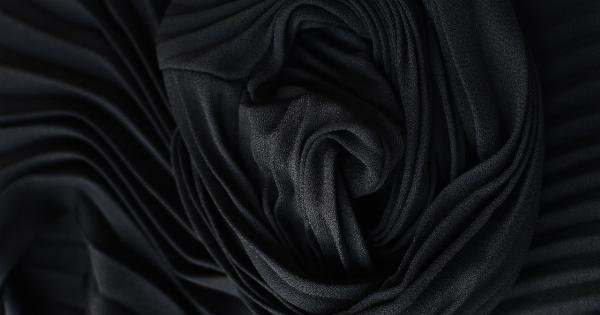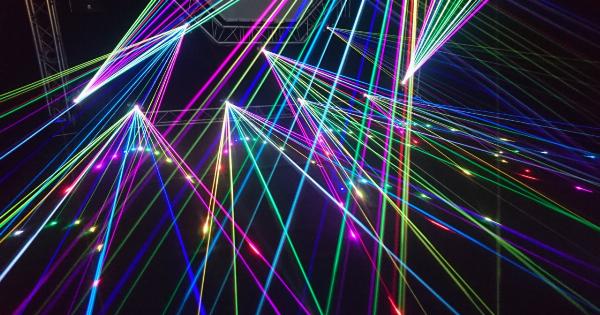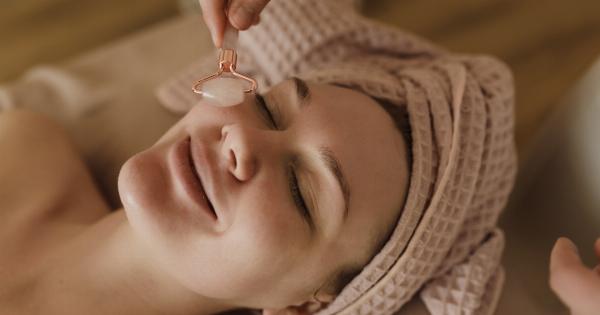Alcohol dependence is a serious problem that affects millions of people worldwide. It is a chronic disease that can lead to a host of physical and psychological problems.
Effective treatments for alcohol dependence are essential, and one therapy that has shown promise in recent years is laser therapy.
Laser therapy for alcohol dependence works by using low-intensity lasers to stimulate specific points on the body. These points are located on the ears, face, hands, and feet, and are all associated with the body’s natural healing processes.
By stimulating these points, the laser helps the body to release endorphins and other natural chemicals that promote relaxation, reduce stress, and improve overall well-being.
The Science Behind Laser Therapy for Alcohol Dependence
The primary mechanism behind laser therapy for alcohol dependence is the stimulation of acupoints on the body. Acupuncture and related therapies have been used for centuries to treat a wide variety of ailments, including addiction.
More recently, researchers have identified specific acupoints that seem to be particularly effective in treating alcohol dependence.
One study published in the Journal of Clinical Laser Medicine & Surgery examined the use of laser therapy for alcohol dependence and found that it was highly effective.
The study involved 28 subjects and found that laser therapy was associated with a significant reduction in alcohol cravings and a decrease in symptoms of anxiety and depression.
The Benefits of Laser Therapy for Alcohol Dependence
While there is still much to learn about laser therapy for alcohol dependence, early research suggests that it may offer several benefits. Some of the potential benefits of laser therapy for alcohol dependence include:.
Reduced alcohol cravings
The use of laser therapy has been shown in several studies to lead to a reduction in alcohol cravings. This reduction in cravings may help individuals to remain abstinent for longer periods of time, increasing the likelihood of successful recovery.
Reduced anxiety and depression
Alcohol dependence often co-occurs with anxiety and depression. Laser therapy has been shown to help reduce symptoms of both of these conditions, improving overall well-being.
No side effects
Unlike many medications used to treat alcohol dependence, laser therapy has few if any side effects. The most common side effect is mild redness or irritation around the sites where the laser was applied.
The Limits of Laser Therapy for Alcohol Dependence
While laser therapy shows promise as a treatment for alcohol dependence, it is important to note that it may not be effective for everyone.
Some people may not respond to laser therapy, while others may require additional treatment modalities in order to achieve long-term abstinence.
Conclusion
Laser therapy is a promising treatment for alcohol dependence that works by stimulating specific points on the body.
Early research suggests that it may be an effective way to help individuals overcome alcohol cravings and reduce symptoms of anxiety and depression. However, more research is needed to fully understand its limits and benefits. If you or someone you know is struggling with alcohol dependence, it is essential to seek help from a qualified professional.





























